On the morning of September 16, the Politburo and the Secretariat held a national conference to disseminate and implement four new resolutions of the Politburo, including Resolution 59 on international integration; Resolution 70 on ensuring national energy security; Resolution 71 on breakthroughs in education and training development; and Resolution 72 on breakthroughs in strengthening the protection and care of people's health.
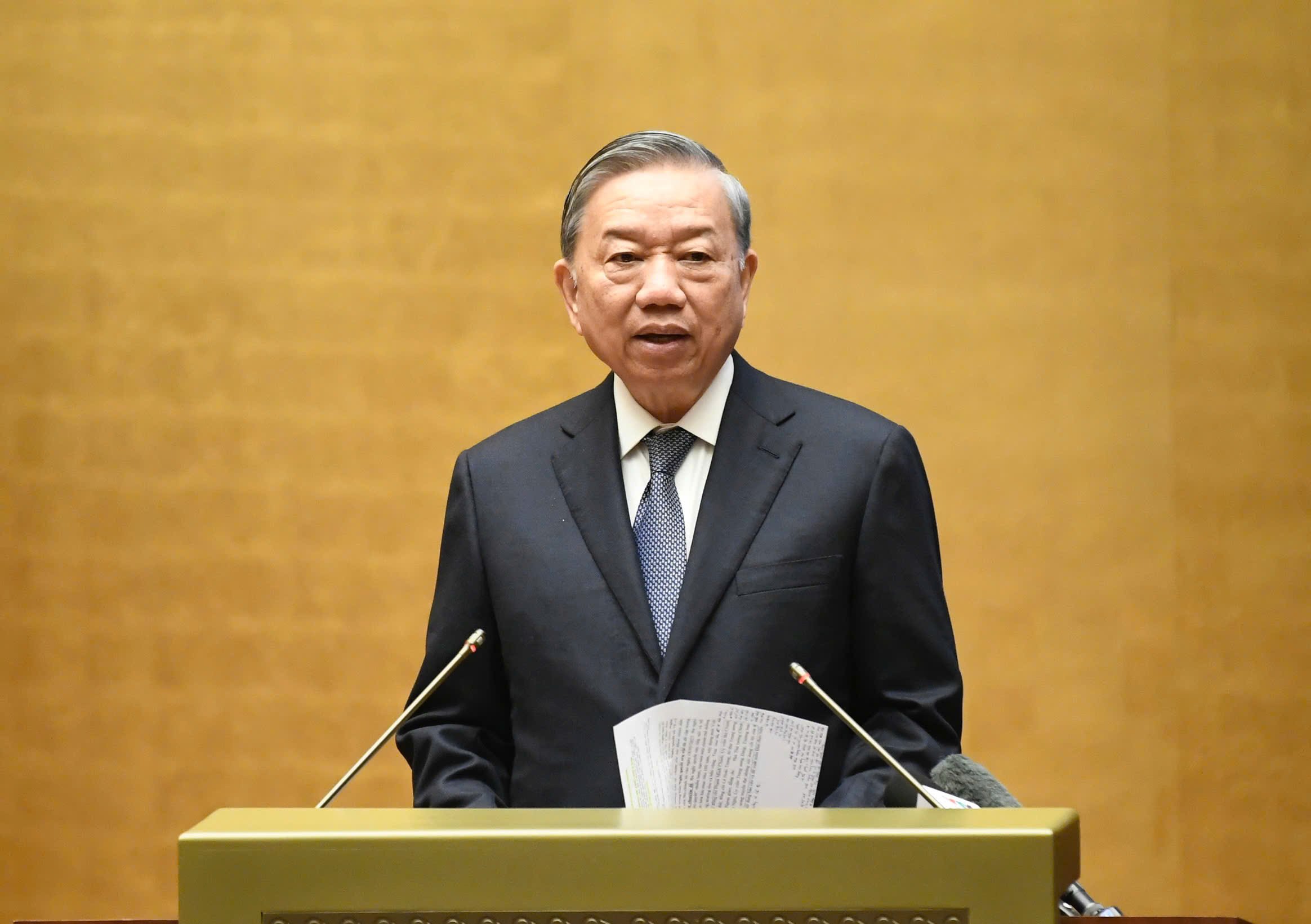
General Secretary To Lam gave a directive speech at the conference to disseminate four new resolutions of the Politburo.
PHOTO: GIA HAN
There will be two more resolutions on state economy and cultural revival.
Speaking at the conference, General Secretary To Lam said that among the four resolutions that were thoroughly grasped and implemented, Resolution 59 is one of the four "pillar resolutions" that were previously implemented. The remaining three resolutions are specialized resolutions, continuing and supplementing to form a unified whole, a breakthrough to realize the two 100-year goals of building a strong, prosperous, everlasting and sustainable Vietnam.
The General Secretary also informed that in the near future, the Politburo will issue two more resolutions that are also very important to the overall development, namely the resolution on the state economy and the resolution on the revival and development of Vietnamese culture.
The General Secretary emphasized that there is a lot of work to do so we must be very urgent and implement these resolutions soon. There are resolutions like Resolution 72 which was issued just a week ago but we must implement them immediately to make time for action, the Government and the National Assembly must calculate resources for implementation.
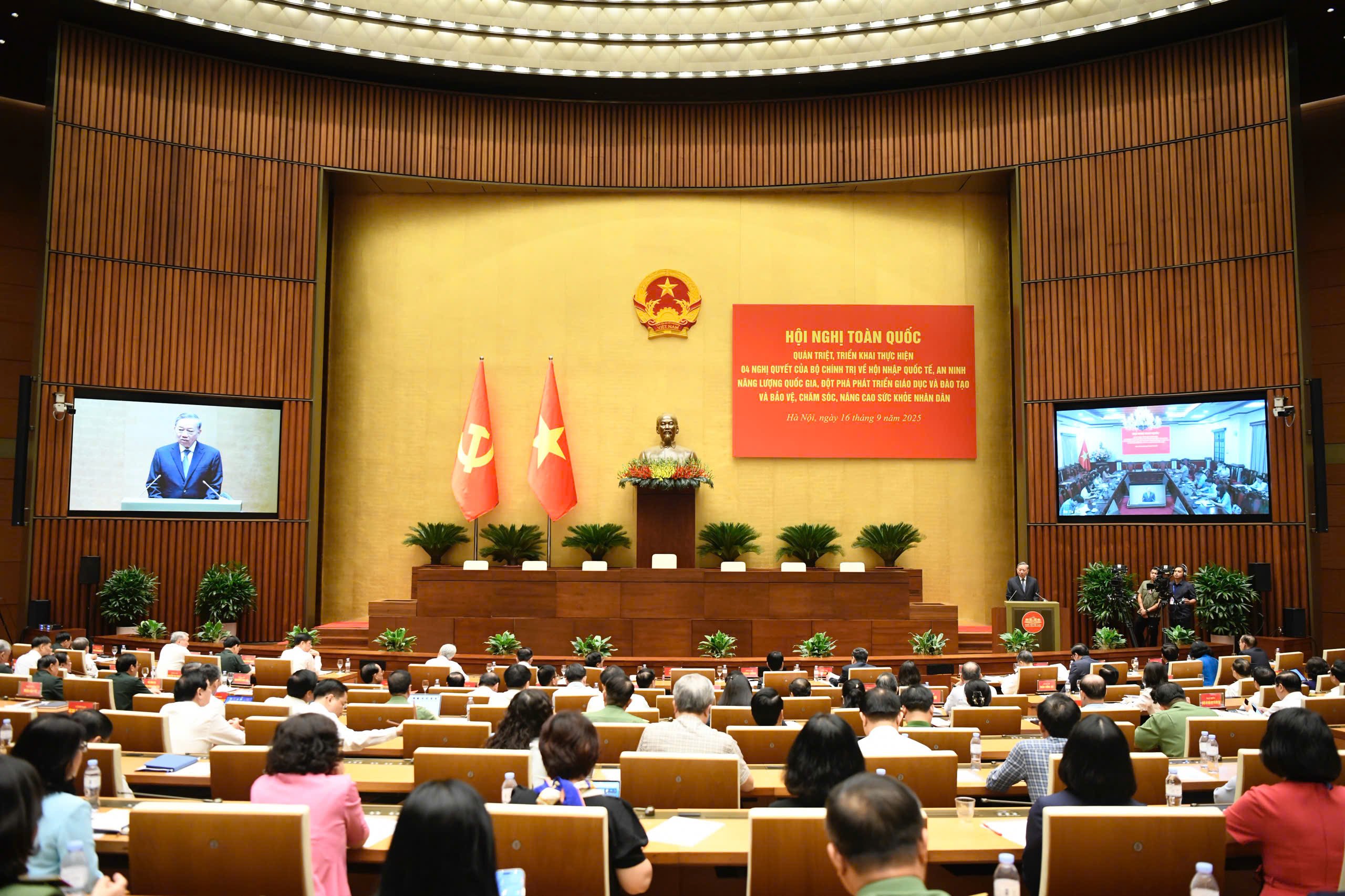
Conference to disseminate 4 new resolutions of the Politburo at the main bridge point, the National Assembly building
PHOTO: GIA HAN
Regarding the content of the resolutions, the General Secretary emphasized that the consistent spirit of Resolution 59 and the three resolutions 70, 71, 72 is to quickly shift from "promulgating policies" to "executive governance", taking people and businesses as the center, taking practical effectiveness as the measure. Each agency, organization, and individual is responsible for turning the content of these resolutions into daily work, into specific action programs, with resources, deadlines, measurement indicators, supervision and accountability.
"Every cadre and every party member must be responsible for this. We cannot assume that the education resolution belongs to the education sector and the health resolution belongs to the health sector. These resolutions are closely related to each other. In education, there is science and technology, there is protection of human health, and encouragement of the private sector. In health, there is also the full influence of education, training, science, technology... This is a whole, not the work of any individual. If there are localities and sectors that are indifferent and consider this not their business, then it cannot be successful," the General Secretary emphasized.
The General Secretary also proposed to consider the establishment of a Central Steering Committee for each resolution or a Central Steering Committee on the implementation of Politburo resolutions. At the same time, it is necessary to build a public digital dashboard, updated weekly and monthly to monitor core indicators, bottlenecks, progress in implementing each resolution and the responsibilities of each Party Committee, agency and unit.
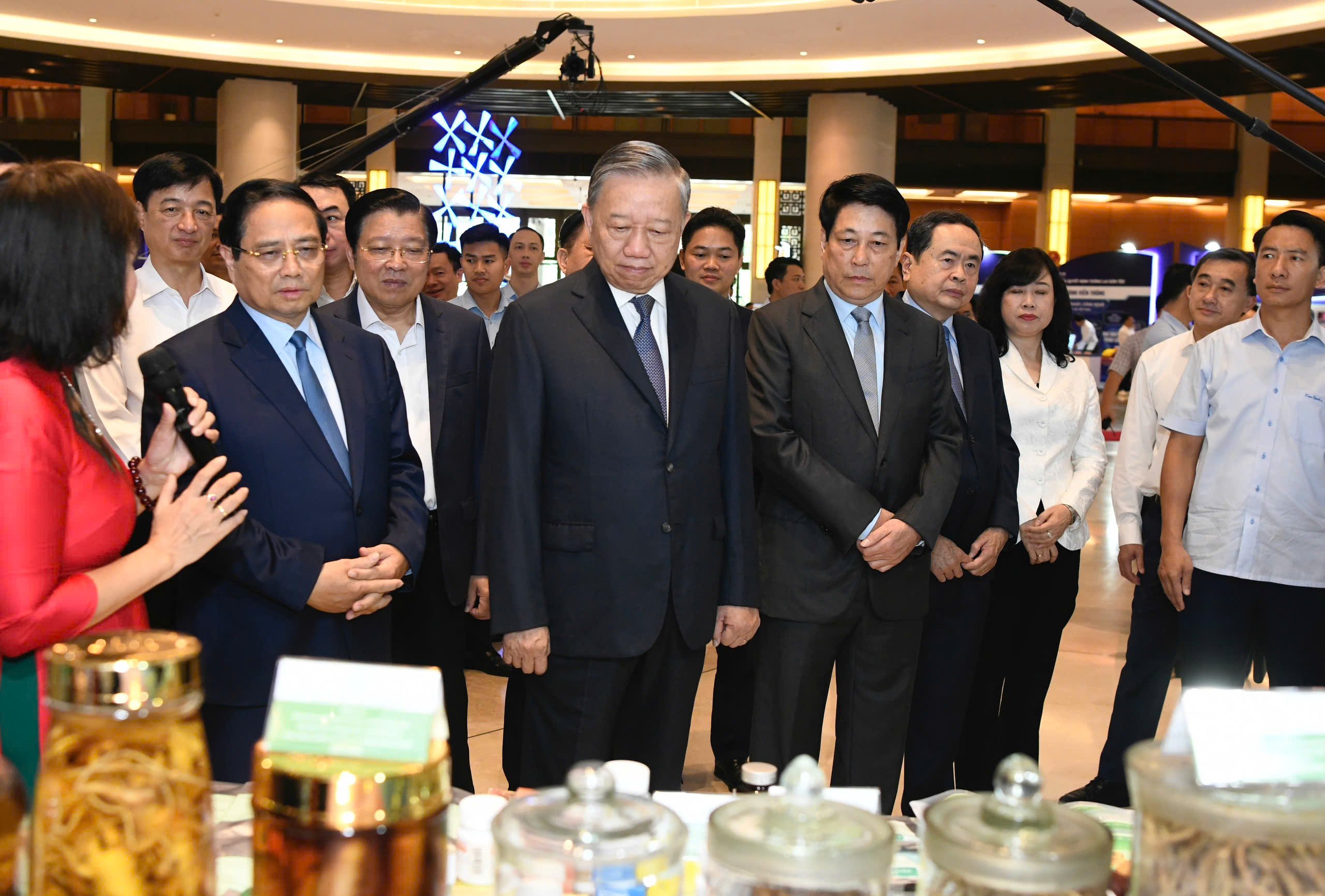
General Secretary To Lam and Party and State leaders visit the exhibition in the conference corridor.
PHOTO: GIA HAN
Building a national electronic health record
Emphasizing the orientation and key solutions of each resolution, the General Secretary noted that Resolution 59 is synchronous, comprehensive and deep integration. At the same time, it is necessary to promote the attraction of high-quality FDI, especially large global corporations that play a leading role in a number of important supply chains such as information technology, telecommunications, semiconductor chips, and artificial intelligence. At the same time, encourage Vietnamese enterprises to invest abroad and build national brands of international stature. "We are moving from opening up for investment to a phase of selective investment," the General Secretary noted.
Regarding Resolution 70, the General Secretary emphasized that the core goal is that the energy system must be safe, stable, and have reliable backup; provide enough for production and life; shift towards green, low-emissions; operate intelligently on a digital platform and ensure reasonable and transparent costs.
The General Secretary stated that the breakthrough in the energy security strategy is sustainable development and realizing the "net zero" commitment by 2050, focusing on three points: institutional reform, creating favorable conditions to attract social resources, especially the private economic sector.
Regarding Resolution 71, the General Secretary noted that it is necessary to clearly identify education and training as the top national policy, the key driving force for national development. Investing in education is investing in nurturing and enhancing national spirit, is investing in the future of the nation. The General Secretary emphasized the educational motto of taking quality as the axis, taking teachers as the key, and taking technology as the lever.
Spending a lot of time talking about Resolution 72, the General Secretary noted that the goal is to increase healthy life expectancy, reduce patient payments, digitize the system, strengthen grassroots healthcare, improve service quality and patient and public satisfaction.
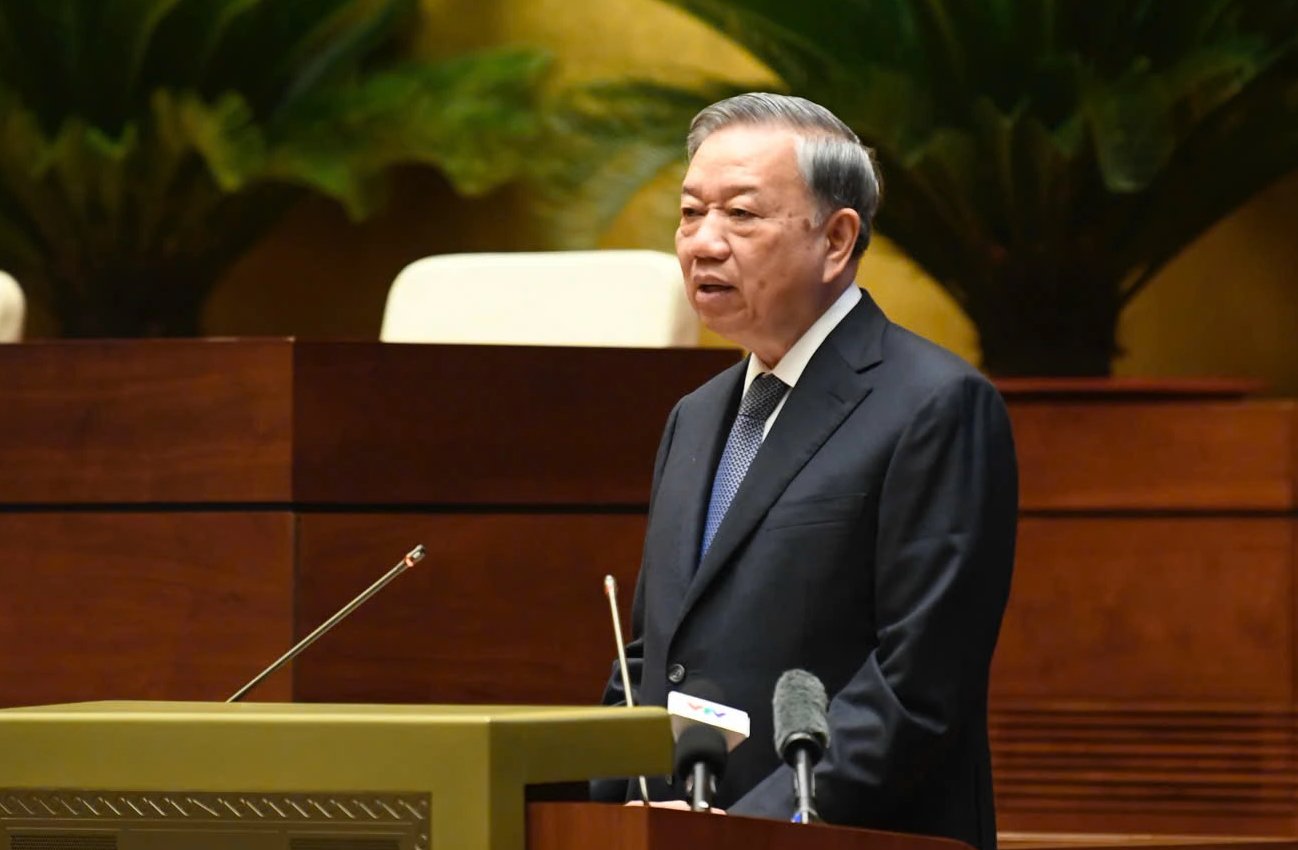
General Secretary To Lam stated that the new development momentum of a country is formed from the organic connections between resolutions.
PHOTO: GIA HAN
The General Secretary said that Resolution 72 outlined nine groups of solutions that need to be focused on, including strengthening preventive medicine and public health; developing primary health care and family doctors. The General Secretary emphasized that every single person must receive health care, no one is left behind. According to the General Secretary, to do this, primary health care and family doctors must be deployed.
"The family doctor model is doing very well, not only examining and treating patients but also providing consultation, health care, physical exercise, and disease prevention. These things are very easy to do but we do not focus on them," said the General Secretary.
The General Secretary said he really wanted to have models of health care centers to "anti-loneliness" for the elderly in their 70s and 80s when their children and grandchildren all go to school and work. "The nursing center takes care of the elderly like students, picking them up in the morning and taking them home in the afternoon. When they come here, they can meet friends and old colleagues to talk, play sports, learn music, culture, and arts, which is very interesting," the General Secretary said and suggested that the Ministry of Home Affairs, the Ministry of Health, and the Association of the Elderly discuss how to do it.
Another task that the General Secretary also noted is that universal health insurance goes hand in hand with payment according to value: expanding benefits, reducing costs for patients. At the same time, promoting hospital autonomy with control of service prices according to actual costs, publicizing purchasing quality and focusing on transparency, fighting against group interests.
The General Secretary also noted the digital transformation of healthcare with electronic health records for the entire population, electronic prescriptions, remote medical examination and treatment, shared data warehouses, as well as the development of qualified medical human resources with preferential treatment and attraction to the grassroots level...
The General Secretary emphasized that the new development momentum of a country is formed from the organic connections between resolutions. From there, the General Secretary suggested that each ministry, branch, locality, unit, cadre, and party member immediately start specific tasks with the spirit of saying what they do, not leaving today's work for tomorrow. The leader must take responsibility for the results, not push things away, not avoid them.
"The four resolutions, if implemented resolutely and synchronously, will foster new driving forces, creating strong impulses for us to break through and successfully achieve strategic goals, making our country increasingly rich, civilized, and our people increasingly happy," the General Secretary affirmed.
Source: https://thanhnien.vn/tong-bi-thu-can-co-vien-duong-lao-cham-nguoi-gia-sang-don-di-chieu-dua-ve-185250916121252229.htm











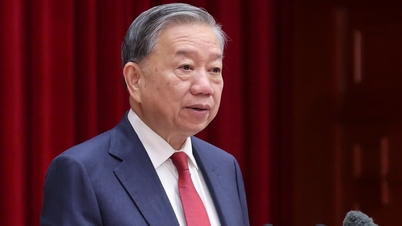


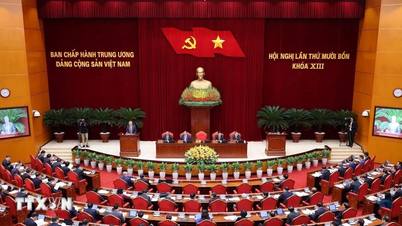

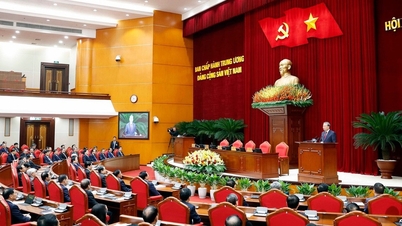

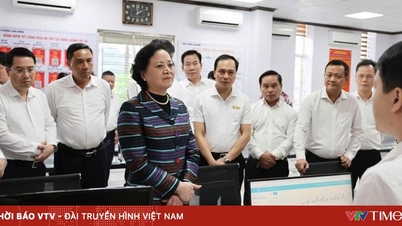

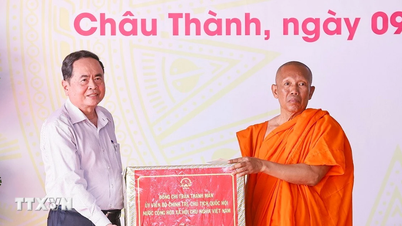
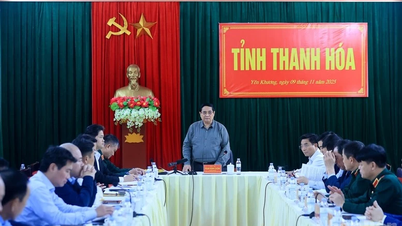


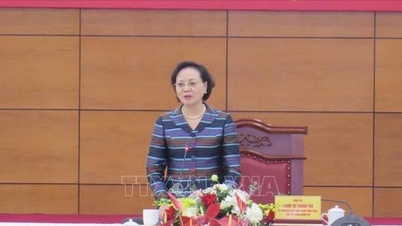






















































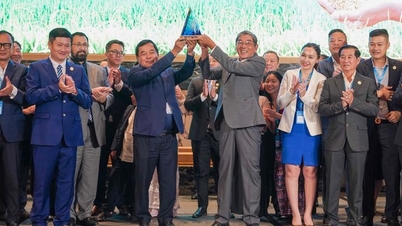



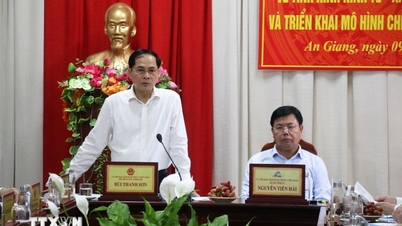



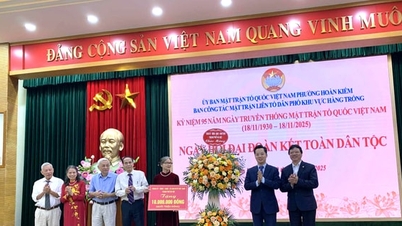



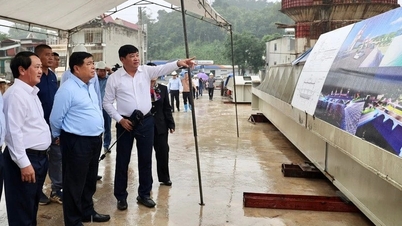


















Comment (0)